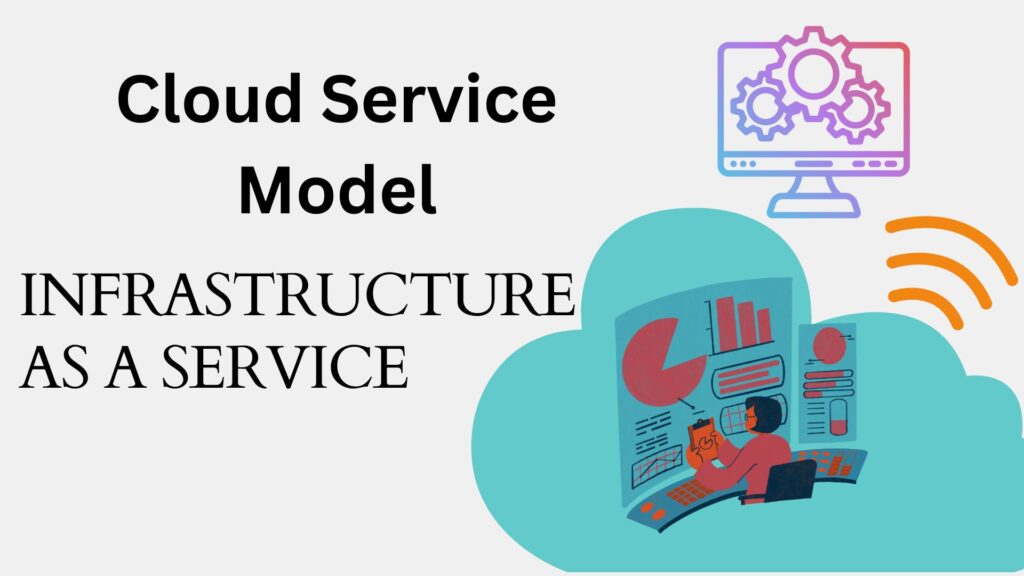Inftrastructure as a Service

IaaS stands for Infrastructure as a Service, which is a cloud computing service model that provides virtualized computing resources over the internet. Here are some full details about IaaS:
Table of Contents
Introduction
IaaS is one of the three main categories of cloud computing services, alongside Platform as a Service (PaaS) and Software as a Service (SaaS). In an IaaS model, a third-party provider hosts and maintains core infrastructure components such as servers, storage, and networking hardware on behalf of customers.
Key Features
- Virtualization: IaaS utilizes virtualization technology to create virtual instances of servers, storage, and networking resources.
- Scalability: IaaS platforms offer scalable resources that can be easily adjusted up or down based on demand.
- On-Demand Provisioning: Customers can provision and de-provision resources on-demand through a web-based interface or API.
- Pay-As-You-Go: Billing for IaaS services is typically based on a pay-as-you-go model, where customers only pay for the resources, they use.
Benefits
- Cost-Efficiency: IaaS eliminates the need for organizations to invest in and maintain their own physical infrastructure, reducing capital expenses.
- Scalability: Businesses can quickly scale resources up or down to meet changing demands without the need for large initial investments.
- Flexibility: IaaS allows businesses to choose the specific resources they need and customize configurations to suit their requirements.
- Reliability: IaaS providers typically offer high availability and redundancy, ensuring that services remain accessible even in case of hardware failures.
Uses of IaaS
1. Development & Testing:
IaaS provides developers with the necessary infrastructure to build, test, and deploy applications without the need for physical hardware.
2. Disaster Recovery:
Organizations can use IaaS to set up backup infrastructure for disaster recovery purposes, ensuring business continuity in case of emergencies.
3. Web Hosting:
Hosting websites and web applications on IaaS platforms offers flexibility, scalability, and cost savings compared to traditional hosting solutions.
Examples of IaaS Providers:
Some popular IaaS providers include Amazon Web Services (AWS), Microsoft Azure, Google Cloud Platform, IBM Cloud, and Oracle Cloud Infrastructure.
Security:
IaaS providers typically offer robust security measures to protect customer data and infrastructure. This includes network firewalls, encryption, identity and access management controls, and compliance certifications to ensure data protection and regulatory compliance.
Hybrid Cloud Deployment:
IaaS platforms often support hybrid cloud deployments, allowing organizations to seamlessly integrate on-premises infrastructure with cloud resources. This hybrid approach provides flexibility and allows businesses to leverage the benefits of both on-premises and cloud environments.
Automation and Orchestration:
IaaS platforms enable automation and orchestration of infrastructure resources through tools like configuration management, workload scheduling, and auto-scaling capabilities. This helps streamline operations, improve efficiency, and ensure consistent performance.
Monitoring and Analytics:
IaaS providers offer monitoring and analytics tools to track the performance, availability, and utilization of infrastructure resources. This data can be used to optimize resource allocation, identify bottlenecks, and make informed decisions to enhance overall system performance.
Compliance and Data Governance:
IaaS providers adhere to industry-specific compliance standards and data governance regulations to ensure the security and privacy of customer data. This includes measures such as data encryption, regular security audits, and compliance with standards like GDPR, HIPAA, and PCI DSS.
Service Level Agreements (SLAs):
IaaS providers typically offer SLAs that define the level of service, uptime guarantees, support response times, and other key performance indicators. These SLAs ensure accountability and guarantee a certain level of service quality for customers using the IaaS platform.
Cost Management:
IaaS platforms provide cost management tools to help customers optimize their cloud spending. Features like cost tracking, budget alerts, and cost allocation reports allow organizations to monitor and control their cloud expenses effectively.
In conclusion, Infrastructure as a Service (IaaS) offers a comprehensive set of features and benefits that make it an attractive option for organizations seeking scalable, flexible, and cost-effective cloud infrastructure solutions. By leveraging IaaS, businesses can focus on innovation, agility, and growth while leaving the management of underlying infrastructure to cloud service providers.
In summary, IaaS offers a flexible, scalable, and cost-effective solution for businesses looking to leverage cloud computing resources without the burden of managing physical infrastructure.
